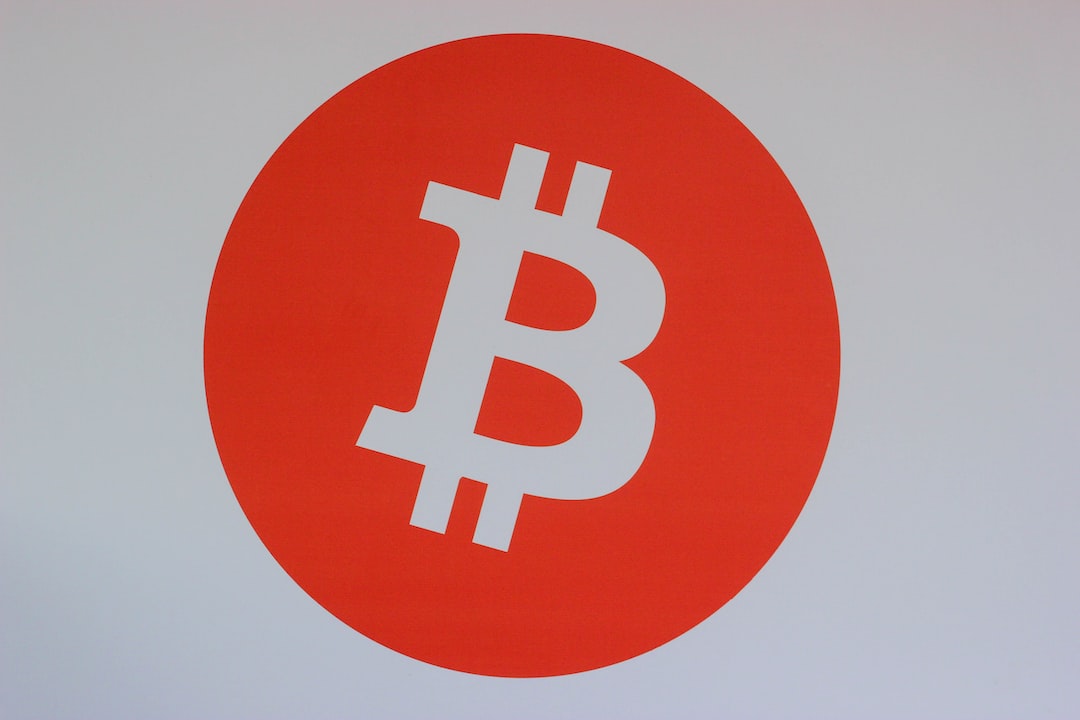ABA Criticizes Proposal for U.S. CBDC
The American Bankers Association (ABA) has voiced its opposition to the idea of introducing a central bank digital currency (CBDC) in the U.S., arguing that it would disrupt the existing banking system. In a statement submitted to the U.S. House Financial Services Committee, the ABA stated that implementing a digital dollar would be unnecessary and pose unacceptable risks and costs to the financial system.
Digital Dollar Already Exists
The ABA argues that the U.S. dollar is already digital, supported by various payment systems such as debit and credit cards, Zelle, ACH, wire transfers, RTP, Paypal, Venmo, Cashapp, and other fintech apps that enable the transfer of dollars within and outside the country.
Fednow as an Alternative
The ABA highlights that Fednow, a payment system designed for financial institutions, allows wholesale transactions 24/7 without requiring a new tool. While banks are exploring distributed ledger technology for payments, the ABA believes that a CBDC is not necessary for these efforts.
Impact on Banks
The ABA expresses concern that a CBDC would undermine the role of banks in the U.S. financial system by becoming a preferred alternative to retail bank deposits. This could lead to a shift of deposits to the Federal Reserve, potentially limiting or eliminating banks’ ability to issue credit.
Wholesale CBDCs
Despite its opposition to a general-use CBDC, the ABA acknowledges that further evaluation may be warranted for a wholesale CBDC specifically designed for transactions between financial institutions and the Federal Reserve. A pilot project conducted by the New York Federal Reserve Innovation Center involving major banks demonstrated that a wholesale CBDC system could operate successfully as a payment system on a new technology platform.
Hot Take: ABA Rejects U.S. CBDC Proposal
The American Bankers Association has firmly stated its opposition to the introduction of a central bank digital currency in the U.S., arguing that it would disrupt the existing banking system and carry unnecessary risks. The association emphasizes that the U.S. dollar is already digital, supported by a wide range of payment systems. While the ABA acknowledges the potential value of wholesale CBDCs for interbank transactions, it warns against implementing a general-use CBDC that could undermine banks’ role in the financial system. As discussions around CBDCs continue, the ABA’s stance highlights the concerns raised by traditional financial institutions regarding the potential impact of digital currencies on their operations.





 By
By
 By
By
 By
By
 By
By
 By
By